Merchant & Mills Cloth by the Metre ~ Blueberry Pie
$42/per metre - Sold in 0.5m increments.
A soft cotton and linen blend in a check of purple and dark beige tones. A versatile cloth that is a great alternative to linen.
Summer weight cloth suitable for dresses, tops, shirts and skirts.
- 70% BCI cotton, 30% linen.
- 148cm wide.
- 3.5oz, 124gsm.
- Check size - 1.5 x 1.3cm.
- Pre-washed at the mill.
- Country of origin; Turkey.
- Oeko-Tex certified.
- Wash on cool with non-bio detergent.
- As all computer monitors show colours differently, we recommend ordering a sample of the cloth to check it is the right colour and weight for your project.
- Thread match Gutermann Sew All 126.
It is anti-bacterial, anti-fungal, hypo allergenic and thermoregulating, it will also absorb up 20% moisture before feeling damp.
As the linen fibres have low elasticity (which causes it to crease) it will wear in any areas that are repeatedly folded in the same place for a long time, however it does have much better abrasion resistance than say cotton.
Flax is a strong plant best grown in northern Europe. It needs little or no fertilisers and due to the local climate, little extra water. It doesn’t really require many pesticides either as it can grow in poor quality soil. The Advisory Commission Report to the European Parliament stated that flax cultivation has positive effects on eco-system diversity as it allows for an “environmental pause”. One hectare of flax can retain 3.7 tonnes of CO2. Every part of the plant is used, what isn’t used to produce linen can be used to make linseed oil, paper, cattle feed or even soap.
Linen is therefore almost naturally organic. It is completely biodegradable, recyclable and due to its natural absorbency, it requires less dye than cotton. Linen therefore scores high on the ecological chart.







